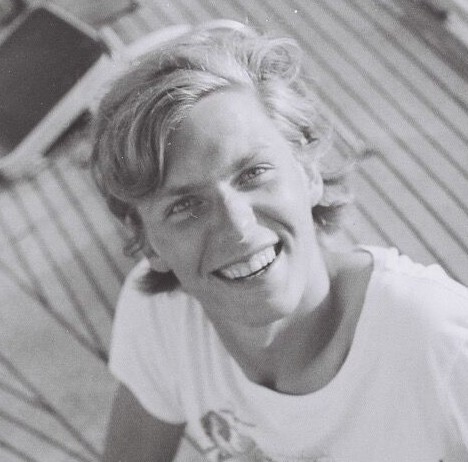
Country: Canada
Joonas Plaan is a PhD Student at the Department of Anthropology, Memorial University of Newfoundland. He is also one of the coordinators of the TBTI Market Opportunities research cluster, and a collaborator for the Great Fish for a Change project. He is interested in the nature and collection of fishers’ local environmental knowledge and its interactions with fisheries science and management in the province of Newfoundland and Labrador, and in the Baltic Sea region. He is also passionate about earth stewardship, sustainable fishing practices, and small-scale fisheries. For his previous research at the University of Kent in the UK, he worked with a traditional fishery dependent community in Kihnu Island and Muhu Island, Estonia to understand how residents of the islands understood and interacted with the marine environment and how their perceptions and experiences diverged from those held by the national and international conservation planners. Before moving to Newfoundland, Canada he worked as a lecturer in Anthropology at Tallinn University, where he was awarded the Teaching Award for the Social Sciences and Humanities in Estonia.
What are you currently working on within the context of SSF?
JP: I am currently working on two projects. As part of my PhD research, I am investigating the current and potential future impacts of global climate change on people living in rural fishery-dependent communities on the Northeast Coast of Newfoundland. As an anthropologist, I am interested in understanding how climate change has been perceived of and experienced by different social actors; how those people, are responding to effects of climate change on fisheries; and finally how these changes have intersected with the broader social and economic changes that have occurred during the same period, reshaping access to marine resources and livelihoods.
Secondly, I am analyzing new regulatory changes and direct-fish sale in Newfoundland and Labrador. New regulatory changes allow us to assume that they will provide new market opportunities and allow harvesters to fully benefit from the exchange. Research shows that next to that, these new regulations can bring new challenges, including bureaucracy, food safety issues, and altered relationship between harvesters, consumers, and processors.
If you could single out one or two most significant factors for securing sustainability of SSF, what would these factors be?
JP: Firstly, we need to keep working for better solutions on how to integrate fishers’ local environmental knowledge with fisheries science and management. Despite the fact there has been many good examples of co-management and using LEK in fisheries science, often those solutions do not account how complex and dynamic socio-ecological knowledge systems are, and treat fishers’ input as a standardisable and quantitative data. In practice, this means that the fisheries management must involve not only fishers, marine scientists, and fisheries managers but also social scientists, who can draw on those socio-ecological complexities.
Secondly, and this is crucial, we need to stop, by all means, neoliberal processes that are taking over SSF. Industrialization, privatization, and professionalization have only harmed SSF: the fish population is declining everywhere and it's harder and harder for the coastal fishers to make a living. At the same time, a few ‘quota-kings’ and multinational corporations are earning more than ever. I know this may sound utopian but we need to take few steps back and return to community-based, small-scale, family-centred fisheries.















